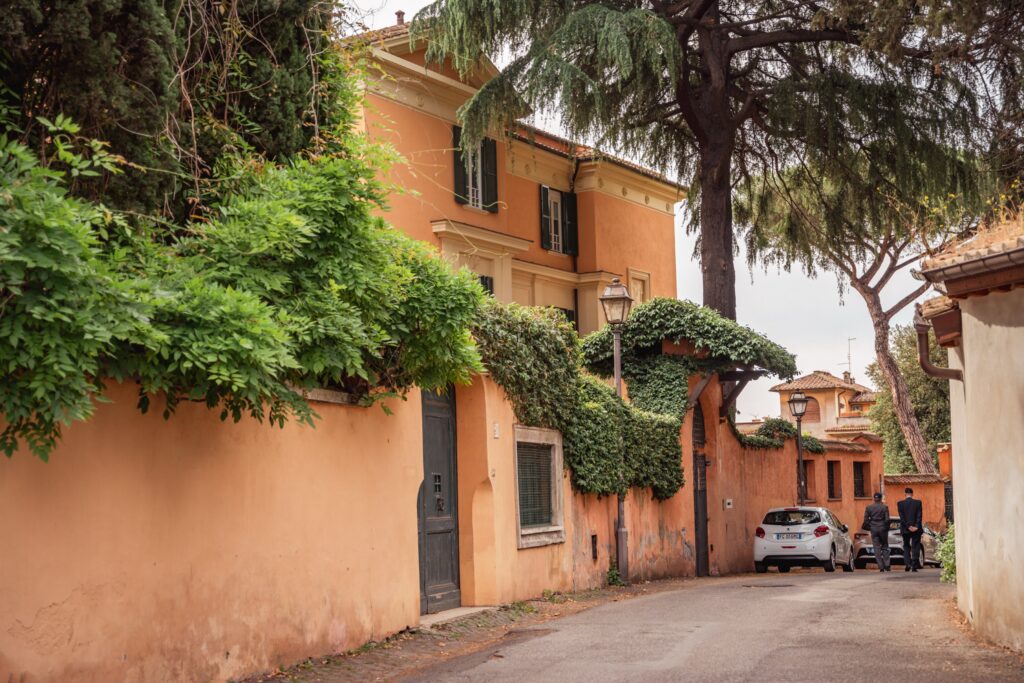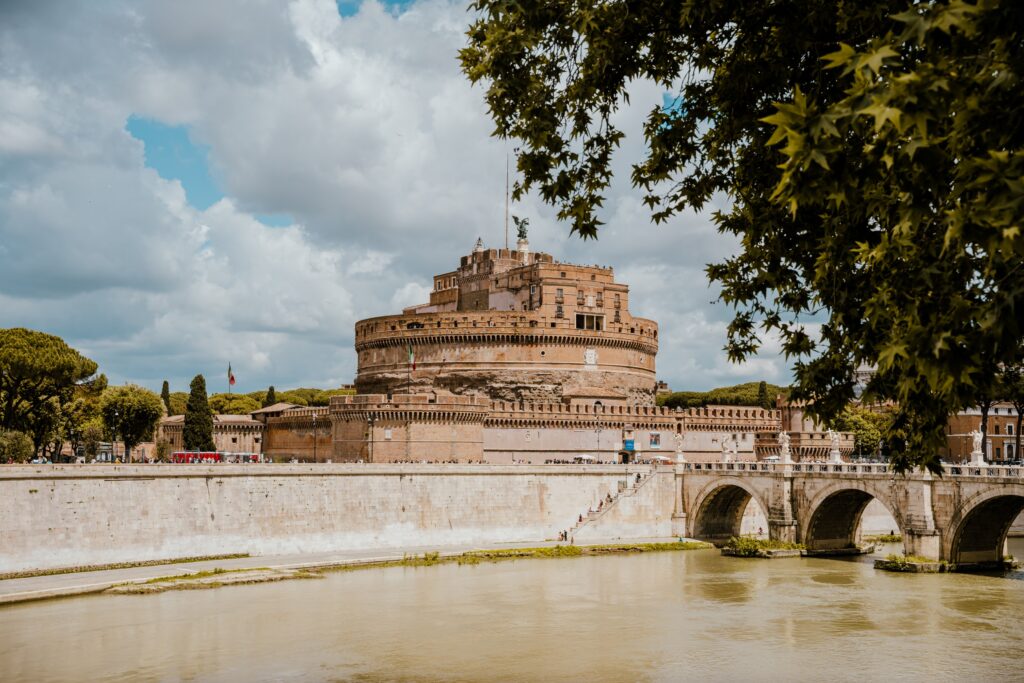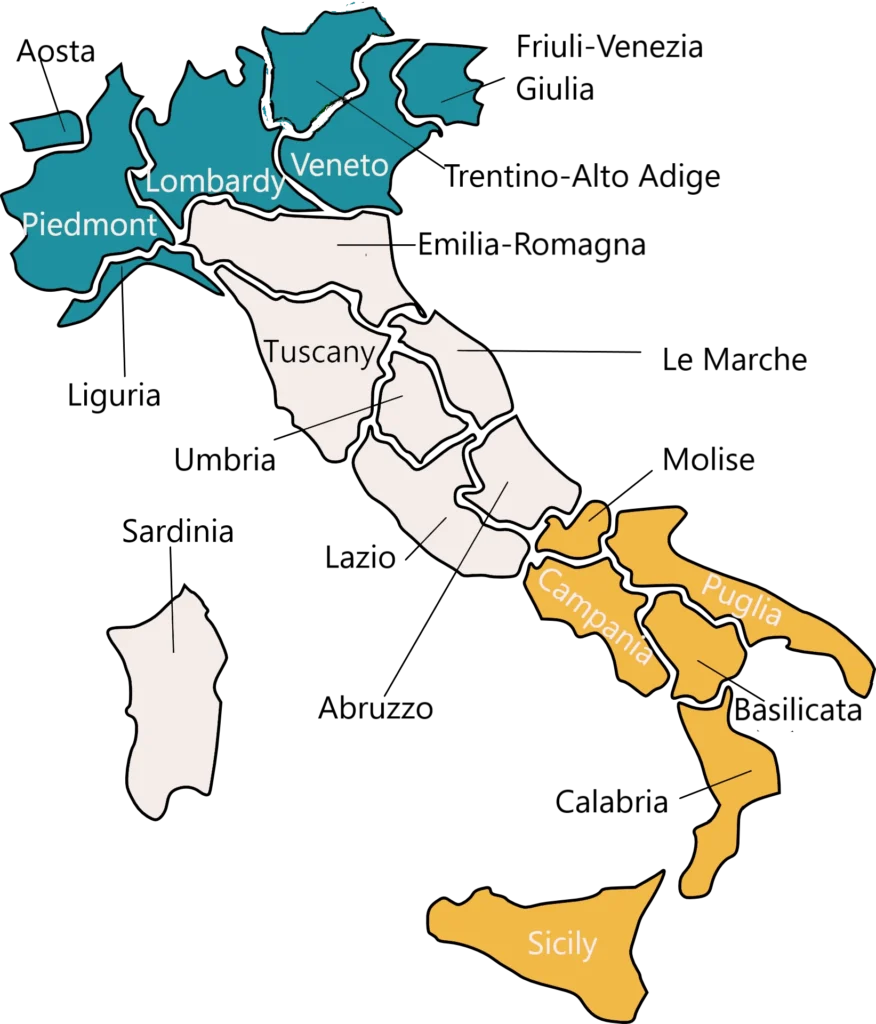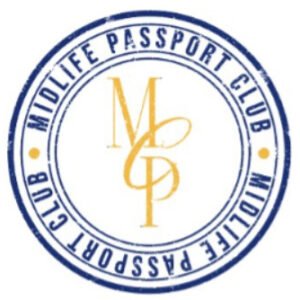With Italy’s updated 2025 law on citizenship by descent, thousands worldwide who once dreamed of holding an Italian passport are scrambling to determine if they still qualify. Whether researching dual Italian citizenship, citizenship by descent in Italy, or applying for Italian citizenship through marriage, this article is your updated, NEw Italian Citizenship Law comprehensive guide.
Plus grab my free chart cheat sheet.

What’s Changed in 2025 to Obtain Italian Citizenship?
The most significant change in the new law is the restriction on who can claim Italian citizenship by descent. Prior to 2025, anyone with an Italian ancestor alive after March 17, 1861 could apply through jure sanguinis (bloodline). Now, the law requires:
- At least one parent or grandparent born in Italy
- That ancestor must have held only Italian citizenship at the time of the next descendant’s birth
This change eliminates the possibility of applying through a great-grandparent and severely limits eligibility for people whose Italian parent or grandparent held dual citizenship. It will also limit future generations, like your grandkids.
What’s Changed in 2025 to Obtain Italian Citizenship?
The most significant change in the new law is the restriction on who can claim Italian citizenship by descent. Prior to 2025, anyone with an Italian ancestor alive after March 17, 1861, could apply through jure sanguinis (bloodline). Now, the law requires:
- At least one parent or grandparent born in Italy
- That ancestor must have held only Italian citizenship at the time of the next descendant’s birth
This change eliminates the possibility of applying through a great-grandparent and severely limits eligibility for people whose Italian parent or grandparent held dual citizenship. It will also limit future generations, like your grandkids.
Who Is Still Eligible for Italian Citizenship in 2025?

Here are the most common paths that still qualify under the updated rules:
1. You were born to an Italian parent (and they were only Italian at your birth)
You are likely already considered Italian by law. If your parent never registered your birth with the Italian consulate, you can still file your documents.
2. You have a grandparent born in Italy who was still only Italian when your parent was born
You may be eligible, depending on whether each link in the chain (you > parent > grandparent) remained unbroken by foreign naturalization.
3. You are married to an Italian citizen
You can still apply for Italian citizenship by marriage. In 2025, the rules are:
- 2 years of marriage if living in Italy, or 3 years if living abroad
- Reduced by half if you have minor children together
- You must pass the B1 Italian language test and have a clean criminal record
4. You were born before 1948 to an Italian mother
Italian women couldn’t pass on citizenship before January 1, 1948. If that’s your case, you must file a 1948 court case in Italy. You cannot apply through a consulate.
5. Your Italian parent never registered your birth, but they were only Italian at the time
This is one of the most overlooked paths. If your parent was fully Italian (and not dual) when you were born, you’re already considered Italian—you just need to complete the birth registration process.

What If You’re Not Eligible Anymore?
Many people who previously qualified through great-grandparents or dual Italian-American parents are now disqualified under the new law. If you’re in this group, you still have some options:
- Move to Italy and apply for naturalization after 10 years of legal residency
- Marry an Italian citizen and apply through the marriage track
- If your parent is still eligible, have them apply first, then see if you qualify through them later
Italian Citizenship and Dual Citizenship Requirements
A key phrase in this year’s update is “exclusively Italian citizenship.” The 2025 law means that if your Italian parent or grandparent held another citizenship at the time of your birth, you’re not eligible for automatic citizenship by descent. This directly affects those researching dual US Italian citizenship or wondering how to get Italian citizenship if they were born after their parent naturalized elsewhere.
What Documents You’ll Need for Citizenship by Descent
Gathering paperwork is by far the most tedious part, but get it right up front and you’ll breeze through the rest. Here’s your checklist:
- Your Ancestor’s Italian Birth Certificate
• Where to get it: Comune (municipal office) in their town of birth
• Tips: Request an “estratto per riassunto dell’atto di nascita” with parent names. - Your Ancestor’s Marriage Certificate(s)
• Why: Proves the legal link from your great-grandparent → grandparent → parent chain.
• Need one for each generation where a name change (marriage) occurred. - Naturalization Records (or Non-Naturalization Proof)
• If they never became foreign citizens: You need a “Certificato di Non Rinuncia alla cittadinanza italiana” or a U.S. “Certificate of Non-Naturalization” from the federal court or USCIS.
• If they did naturalize: Get the exact date—if it’s after the birth of the next descendant, you’re still good; if before, eligibility is broken. - Your Own Birth Certificate
• Local copy plus apostille from the Secretary of State or equivalent, and a certified translation into Italian. - Marriage and Death Certificates
• For anyone in the chain who married (to track name changes) or died (to prove your link). - Passport-style Photos & ID
• Standard consular forms require two recent photos plus your valid passport or driver’s license. - Consular Application Forms
• Each consulate has its own kit—download the “Dichiarazione di valore in loco” and “Modulo di richiesta di riconoscimento” from your jurisdiction’s website. - Proof of Residency / Appointment Confirmation
• Many consulates now insist on showing you’ve booked an in-person slot (often months in advance).
Pro tip: Keep everything in three piles—“Original Italian,” “Local-language,” and “Translations + Apostilles.” It’ll save you a headache (and a phone call to your consulate).

Common Scenarios Explained – dual Italian Citizenship Doubts
Let’s break down more real-life situations that have come up under the 2025 law:
- You were born in Canada. Your parents were born in Italy and became Canadian later. ✅ If your parents were only Italian at the time of your birth, you are eligible. You’ll need to register your birth with the Italian consulate.
- Your dad got Italian citizenship, but your mom didn’t. Can she get it? ✅ Yes — if they are still married, she can apply through Italian citizenship by marriage. She’ll need to pass a B1 Italian language test and meet the required years of marriage.
- You were born in 1950 to an Italian mother. ⚖️ You’ll need to file a 1948 court case because Italian women couldn’t pass citizenship to their children before January 1, 1948. If the court rules in your favor, you can be recognized as an Italian citizen retroactively.
- Your great-grandfather was Italian. ❌ Unfortunately, under the new rules, you can no longer apply through great-grandparents. The law now requires a parent or grandparent born in Italy.
- You were born in the U.S. to an Italian parent who never filed your birth. ✅ As long as your parent was only Italian at the time, you are still considered Italian. You just need to register your birth at the consulate to be officially recognized.
- You’re already Italian and want to pass it to your kids. ✅ Only possible if you held only Italian citizenship at the time of your child’s birth. ❌ If you were already a dual citizen when they were born, they are not eligible.
- You married an Italian citizen five years ago. Can you apply now? ✅ Yes! If you’ve been married for at least 3 years while living abroad (or 1.5 years with kids), you can apply for citizenship through marriage. Don’t forget the B1 language test requirement.
- You were born before 1948 and your Italian mom never became a citizen elsewhere. ✅ You are still eligible — but must file in court, not through a consulate.

What on Earth Is the “1948 Court Case”?
Background: Until January 1, 1948, Italian citizenship law followed the 1912 statute, which only allowed men to pass citizenship to their children. Women—even if born and raised in Italy—couldn’t confer Italian nationality until the law changed at the start of 1948. That created a gender-based loophole affecting anyone born before that date to an Italian mother.
The Fix: In 2009, Italy’s Constitutional Court ruled that denying citizenship transmission through Italian mothers before 1948 was unconstitutional. However, the ordinary consular channels can’t apply that ruling retroactively—so you can’t just walk into your local consulate and get approved under that decision. Instead, you must:
- File a Lawsuit in an Italian Court
– Technically, you bring a “ricorso per accertamento” (a petition for recognition) under Article 2697 of the Civil Code, citing the Constitutional Court’s decision (n. 446/2009).
– This action is lodged at the Tribunale di Roma (Rome’s main court)—even if you don’t live there. Rome handles most of these cases for consistency. - Show the Judicial Rationale
– Your lawyer argues: “Denying my citizenship based on my mother’s gender violates equality principles enshrined in Italy’s Constitution and EU human-rights treaties.”
– You attach your mother’s birth certificate, your birth certificate, and proof the pre-1948 law blocked her from passing citizenship. - Get the Sentenza (“Judgment”)
– If the judge agrees, they issue a sentenza di accoglimento—a binding declaration that you were, in fact, an Italian citizen from birth.
– That judgment is then registered with your ancestor’s comune to update civil records (i.e., issue you a proper Italian birth certificate). - Why It Matters
– Once the court’s decision is on file, you skip the consulate and head straight to your nearest anagrafe (municipal registry) in Italy to finalize everything.
– From there, you can apply for your Italian passport as if you’d always been recognized.

How to Kick Off a 1948 Court Case (Maternal Line Pre-1948)
If your claim hinges on an Italian mother who gave birth before Jan 1, 1948, consulates will point you to an Italian tribunal. Here’s the playbook:
- Hire an Italian Attorney (Avvocato)
Look for someone specialized in “diritto di cittadinanza” in Rome—most cases go through the Tribunale di Roma. - Draft and File Your Petition
Your lawyer submits a “Ricorso per riconoscimento della cittadinanza” under art. 2697 of the Italian Civil Code. It argues that pre-1948 gender discrimination violated Italy’s Constitution (1953) and European human-rights norms. - Attach Your Evidence
– Your mother’s birth certificate
– Your birth certificate
– Any marriage/death certificates
– Historical proof that women couldn’t transmit citizenship before 1948 - Pay Court Fees
There’s a small “contributo unificato” (currently around €230, plus attorney costs—budget €1,500–€2,500 total). - Wait for the Hearing & Judgment
Courts typically rule within 6–12 months. If successful, they’ll issue a “sentenza di accoglimento,” which you then register with the local comune in Italy to get your birth certificate updated.
Witty aside: Think of it as your “Citizen²” court stroke—fighting for justice so you can wear that tricolore with pride.

Final Thoughts: Should You Still Apply for Italian Citizenship?
If you’re eligible under the new law, prepare those documents now. Italian consulates are still backed up, which can take 1–2 years. The benefits—from reconnecting with your heritage to enjoying visa-free travel across the EU—are still worth it.
Whether in Canada, the U.S., or beyond, these new rules change the game—but they don’t end it. For many, Italian citizenship is still within reach. Need help figuring out your path? Head to @fusetravels on TikTok, where I break down 14 real-life scenarios under the new law—and help you find out which one you fit into.
Also check out Italy Travel Calculator.
Italian Citizenship Laws FAQ
Do I need to speak Italian to get citizenship?
Only if you’re applying through marriage or naturalization. In those cases, you’ll need to pass a B1 level Italian exam.
Are there tax consequences of Italian dual citizenship?
Most Italian-Americans don’t owe taxes to Italy unless they live or work there. But it’s always smart to speak with a tax professional if you’re worried about Italian dual citizenship taxes.
Do I need a lawyer to apply?
Not always. But if you’re filing a 1948 case or have a complex lineage, consulting an Italian citizenship lawyer is highly recommended.












